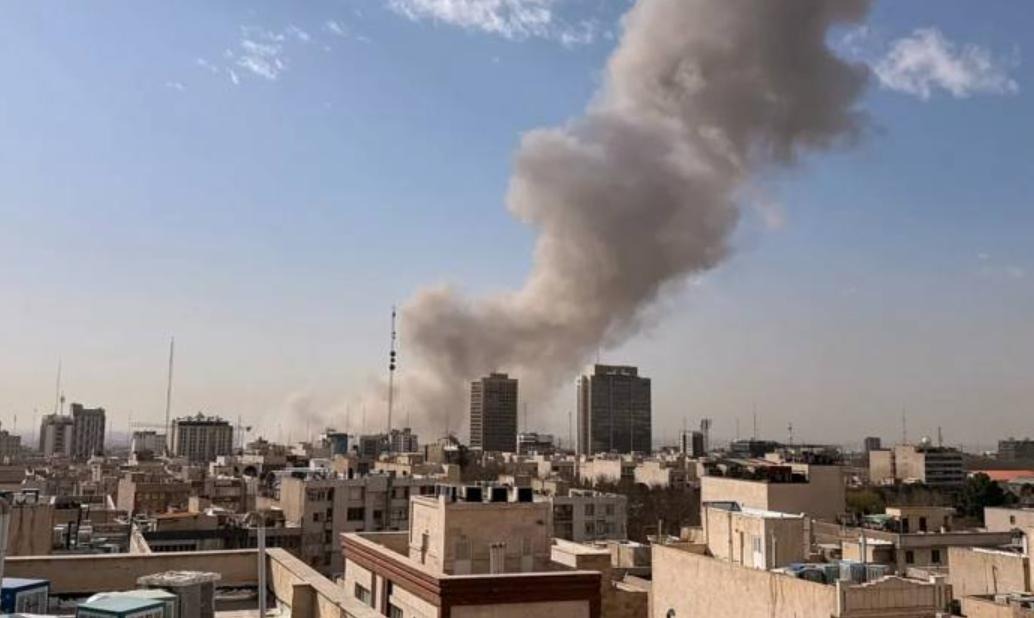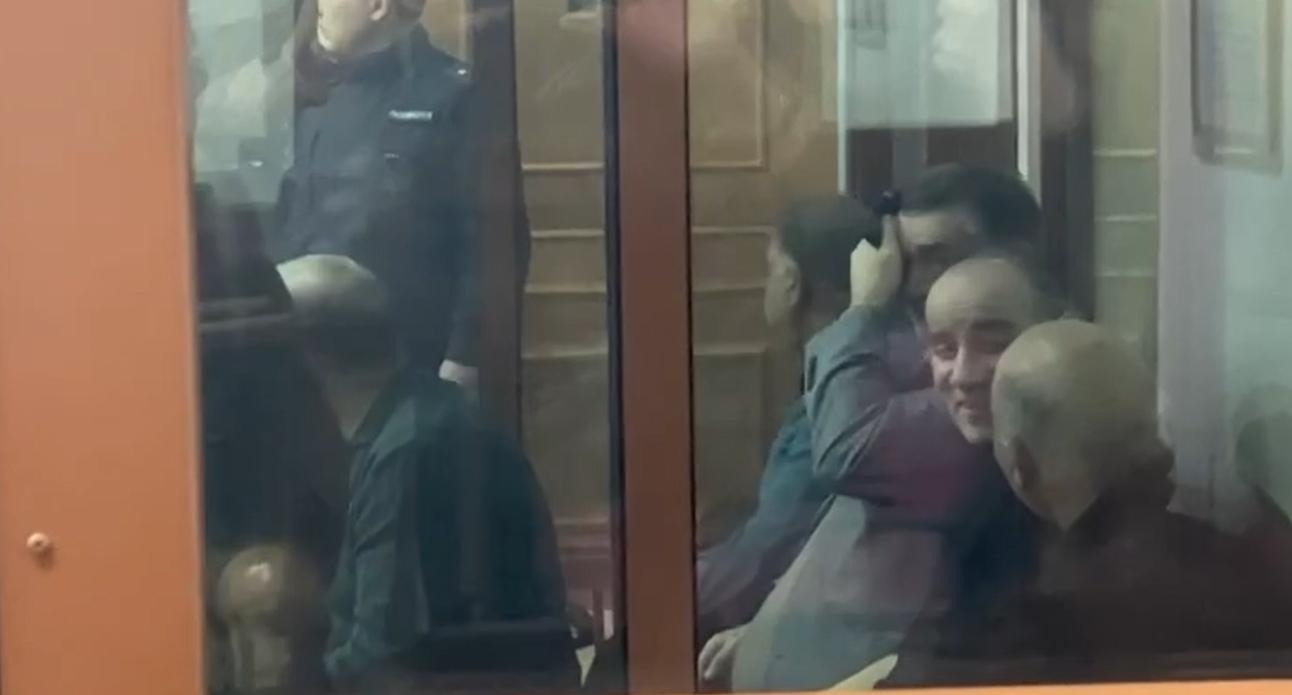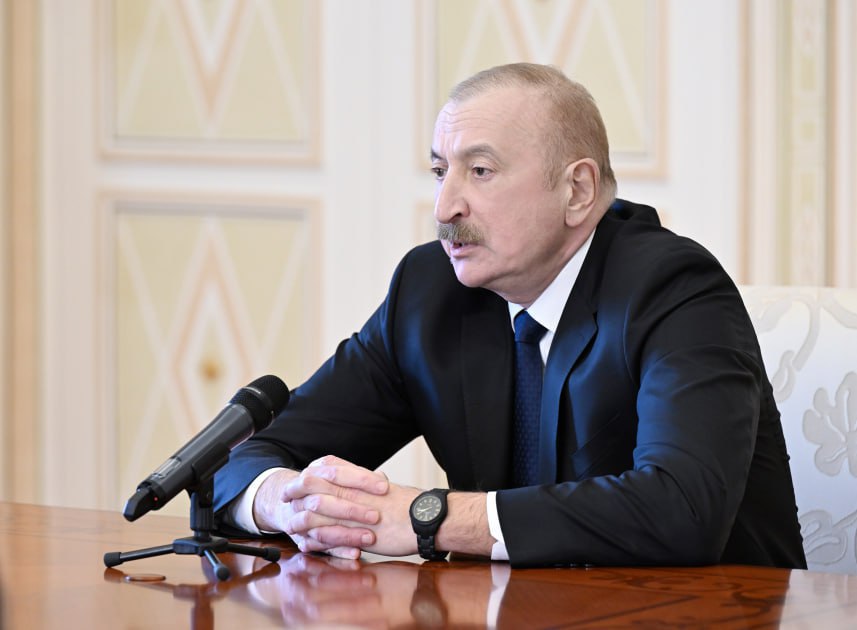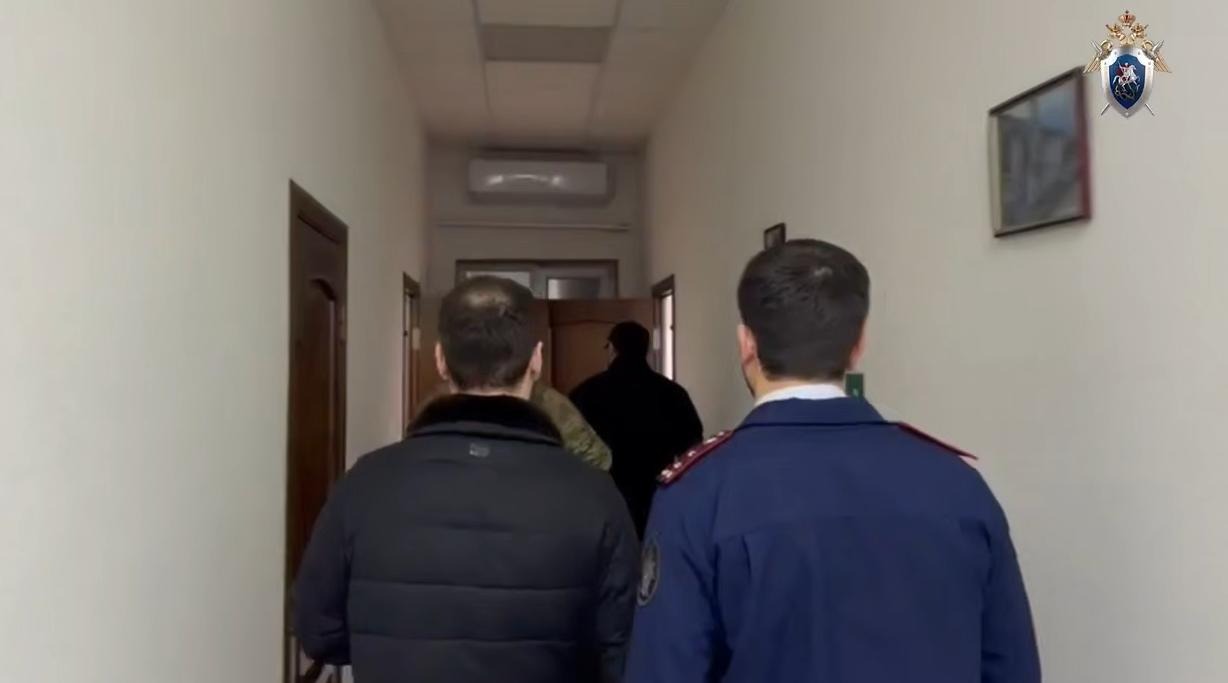On March 5, Azerbaijani President Ilham Aliyev received calls from leaders of various countries expressing solidarity with Baku in connection with the recent events. In particular, the drone attack on the Nakhchivan Autonomous Republic, carried out by Iran using unmanned aerial vehicles, was strongly condemned by Georgian Prime Minister Irakli Kobakhidze, Uzbek President Shavkat Mirziyoyev, UAE President Mohammed bin Zayed Al Nahyan, Turkish President Recep Tayyip Erdogan, and Latvian President Edgars Rinkēvičs. During the phone call, the politicians expressed support for the Azerbaijani people and wished a speedy recovery to those injured in the incident.
On September 1, the Russian Ministry of Justice added journalists Dmitry Muratov and Mairbek Vachagaev to the list of "foreign agents." According to the authorities, they participated "in the creation and dissemination of messages and materials of foreign agents to an unlimited number of people," and these materials were aimed at "forming a negative attitude toward the foreign and domestic policies" of the country.
Dmitry Muratov is one of the founders and editor-in-chief of Novaya Gazeta, which published high-profile investigations on the most sensitive topics for the authorities, including the arbitrariness of security forces in the Caucasus, and a Nobel Peace Prize laureate for "efforts to preserve freedom of thought as an indispensable condition for democracy and peace."
On September 5, 2022, the Basmanny Court of Moscow, based on a lawsuit from Roskomnadzor, revoked the media license of Novaya Gazeta, after which some of the journalists of the publication who left the country began publishing the online publication Novaya Gazeta Evropa.
Mairbek Vachagaev is a political scientist, candidate of historical sciences, specialist in the history of the Caucasian War, the history of Chechnya, the history of Islam and the situation in the North Caucasus.
In 1998-1999, Vachagaev was the press secretary and general representative of the President of Ichkeria Aslan Maskhadov in Moscow.
In 1999, in the center of the Russian capital, he was arrested on trumped-up charges of illegal possession of weapons and spent nine months in Butyrka prison.
He stated, and few doubted it, that the gun was planted on him right during the arrest. Amnesty International and Memorial recognized Vachagaev as a political prisoner.
In 2000, Mayrbek Vachagaev was amnestied and left for France, received French citizenship and renounced his Russian passport.
He is now a co-editor of the historical and political magazine Caucasus Survey, a journalist for Radio Free Europe/Radio Liberty, where he hosts the podcast Chronicle of the Caucasus and the Telegram channel Chechens, Diaspora, Europe.
Along with them, economist Konstantin Sonin, writer Oleg Radzinsky, journalists Ksenia Larina and Denis Kataev, comedian Ruslan Bely, former deputy of the St. Petersburg Legislative Assembly Maxim Reznik, former head of Alexei Navalny's Voronezh headquarters Yevgeny Karpov and the anti-war ethnic movement New Tuva were also recognized as "foreign agents".
Commenting on the decision of the Russian authorities, Vachagaev called himself the first foreign agent among Chechens and wrote: “Russia awarded me the title of foreign agent. They don’t give a damn that I am not a citizen of their country, they still paid attention to me. It means I did everything right. I intend to continue in the same spirit.” At the same time, Vachagaev emphasized that he is not a politician or activist.
Dmitry Muratov also commented on this news: he dismissively said that he had learned “nothing new on Knowledge Day.” The Nobel Committee noted that the decision to recognize him as a “foreign agent” was “politically motivated.” “It is sad that the Russian authorities are now trying to silence him,” said the committee’s chairperson, Berit Reiss-Andersen, adding that the committee will continue to support the work of Muratov and Novaya Gazeta.
In October 2021, speaking at the Valdai Forum, Muratov sharply criticized the law on foreign agents.
“This law is without a court, it does not provide for a court. You are designated a foreign agent, and there is no competition of the parties, no evidence, and no verdict. There is a stigma. <...> Moreover, you cannot escape this law. We do not even have a warning that from tomorrow you become a foreign agent. For many, of course, an enemy of the Motherland... Only the guards in the camp shoot without warning,” he said, addressing Putin, and suggested that he meet with media editors and the State Duma Chairman to discuss issues related to this law.
Putin responded that the law on foreign agents does not prohibit having one’s own opinion and engaging in politics, “it’s just that this money that comes from abroad, from overseas, must be ‘colored’, and Russian society must know that this person formulates this position, has this attitude towards domestic political processes, but he receives money from abroad.”
The concept of "foreign agent" appeared in Russian legislation in 2012, when amendments were made to the federal law "On Non-Commercial Organizations". In accordance with this law, the status of "foreign agent" was given to Russian NGOs that are engaged in political activities and receive "funds and other property from foreign states, international and foreign organizations, foreign citizens and stateless persons". Since then, the legislation has been tightened. The register of "foreign agents" began to include not only public organizations, but also media outlets and individuals. In 2022, the State Duma approved an amendment according to which "foreign agents" can also include those individuals who do not receive foreign funding, but are under "foreign influence". "Foreign agents" must register with the Ministry of Justice and indicate their status in all publications in the media and on the Internet. The lack of marking has become a reason for fines and the liquidation of many independent NGOs, for example, Memorial.



